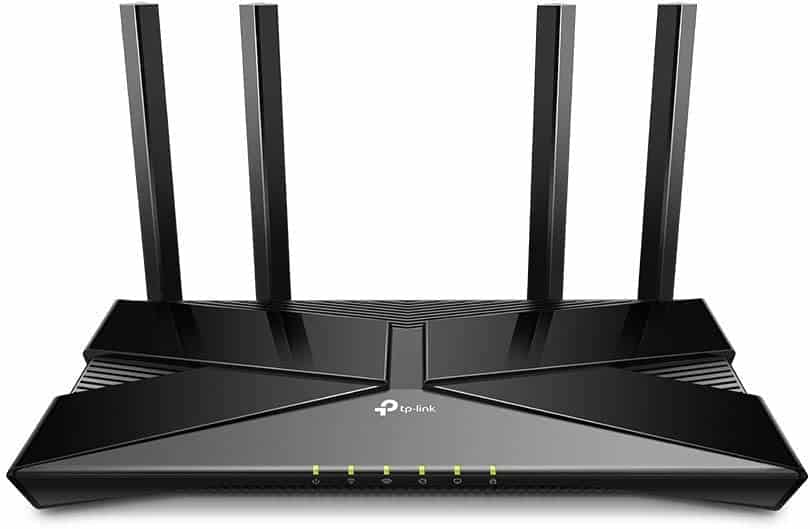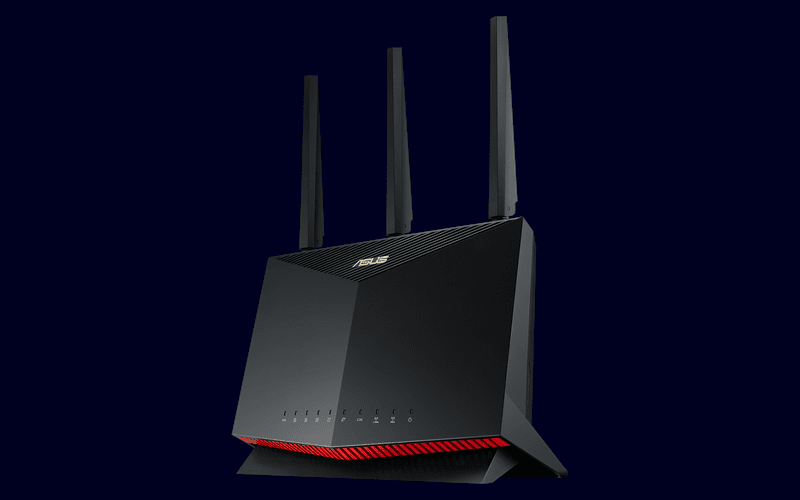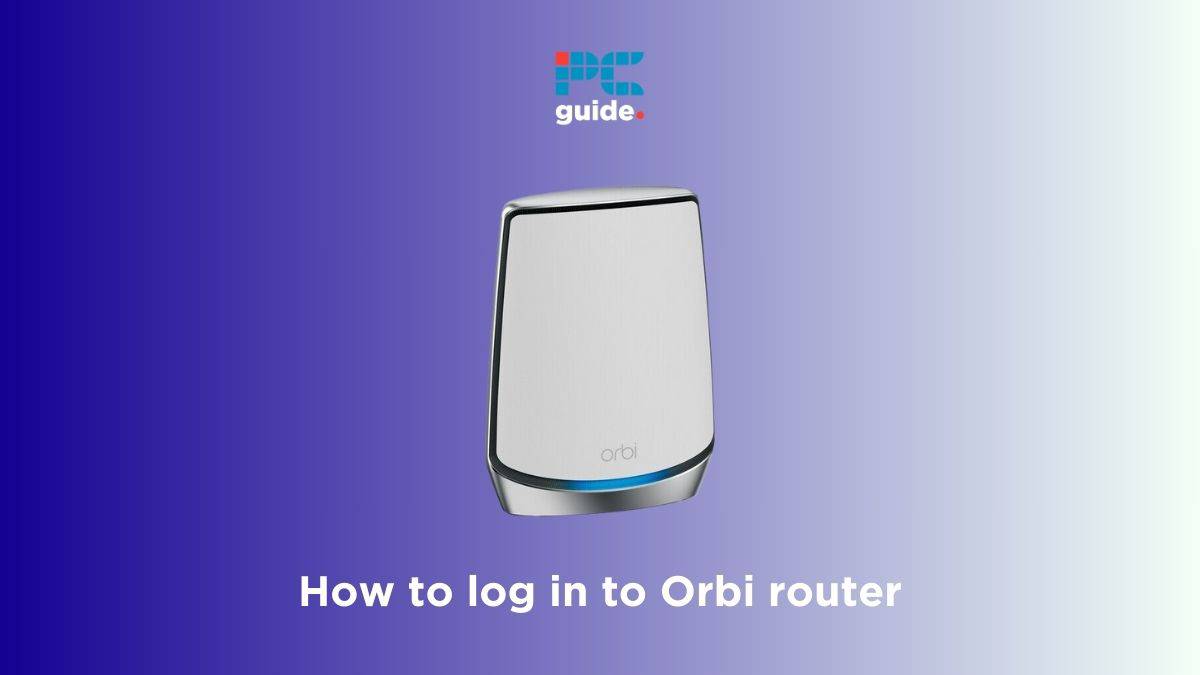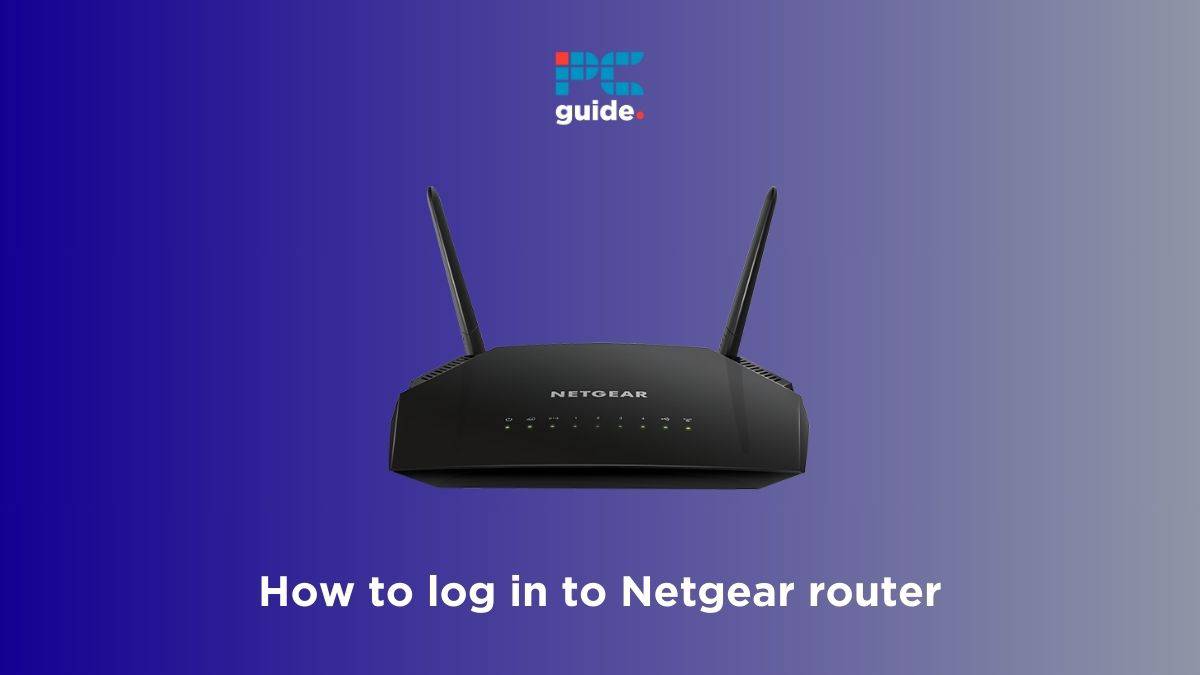Keeping your router on all the time is a common question. Many users prefer to do it, while others don’t. So, there is plenty of confusion about the matter. Here are some points to consider before making your decision.
Power Consumption
Keeping your router on all the time means it will consume more power. But routers are energy-efficient, so they won’t cost you too much money.
Router Lifespan
If you keep your router on all the time, it may affect its lifespan. However, most modern routers are built to handle continuous usage, so it shouldn’t be a problem.
Frequent Updates
Routers need frequent updates to keep them secure and functioning properly. Keeping your router on all the time makes it easier to receive these updates without interruption.
Internet Speed
If you turn your router off frequently, it may affect your internet speed. When you turn it on, it needs to connect to your devices, which can take some time.
Security Risks
Leaving your router on always may increase security risks significantly if you don’t change the default login credentials. Hackers can easily access your network and steal your personal information.
Power Outages
If you experience frequent power outages, turning off your router during those times may be best. Power surges and fluctuations can damage your router, causing it to malfunction.
Conclusion
Keeping your router on all the time may have some advantages and disadvantages. It is essential to consider power consumption, router lifespan, frequent updates, internet speed, security risks, and power outages before deciding.
Keeping your router on all the time is generally safe as long as you take precautions, such as changing your login credentials and updating them regularly.







